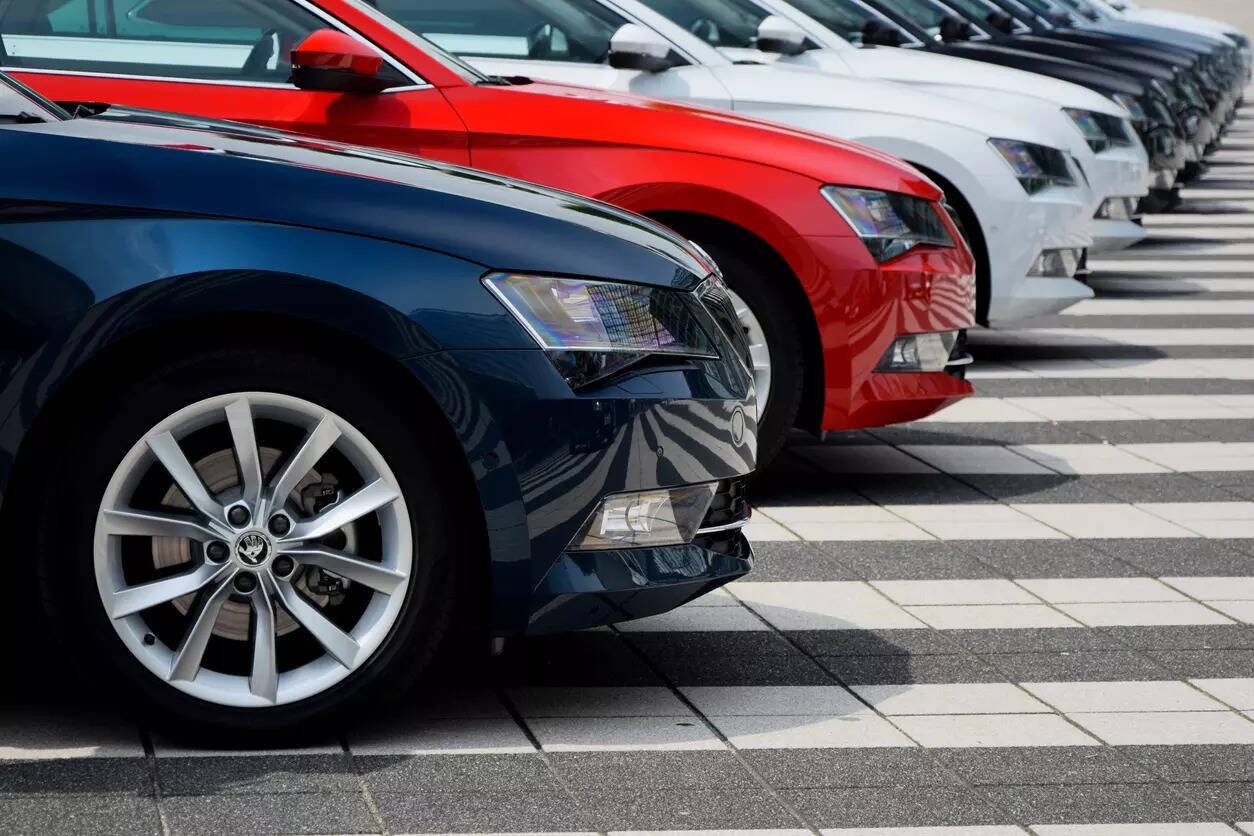
Germany needs to go beyond the European Union’s guidance on fuels if it wants to achieve its 2045 goal of climate-neutral road traffic, auto association VDA said on Wednesday.
The European Union’s Renewable Energy Directive (RED III), adopted late last year, is not ambitious enough, the VDA said in a statement.
“Politicians are called upon to establish incentives for the ramp-up of renewable energy sources and thus to guarantee and promote investment,” VDA President Hildegard Mueller said.
Germany’s automotive industry wants to ensure that CO2-neutral fuels such as biofuels and e-fuels come onto the market in sufficient quantities to power the 40 million combustion-engine vehicles that will still be on the streets even if the government hits its target of 15 million electric cars by 2030.
The VDA is concerned that the 2030 targets do not create enough incentive for the mineral oil industry to invest in the production of climate-friendly fuels.
The EU target is for an at least 29% share of renewable energy by 2030 or a 14.5% reduction in greenhouse gases compared with emissions that would have been created by fossil fuel use.
Germany, Europe’s largest economy, has already decided to aim for a higher reduction rate of 25%, but the VDA believes 35% is necessary instead.
The EU regulation also stipulates a quota for biofuels and synthetic fuels of 5.5%, with a 1% minimum synthetic fuel share.
For the latter, the VDA calls for at least 5%.
Further interim targets should also be set to reduce greenhouse gas emissions by 60% by 2035, 90% by 2040 and 100% by 2045, said the VDA. “In the interests of climate protection, fossil fuels should no longer be allowed to be sold at German petrol stations from 2045,” added the association.

